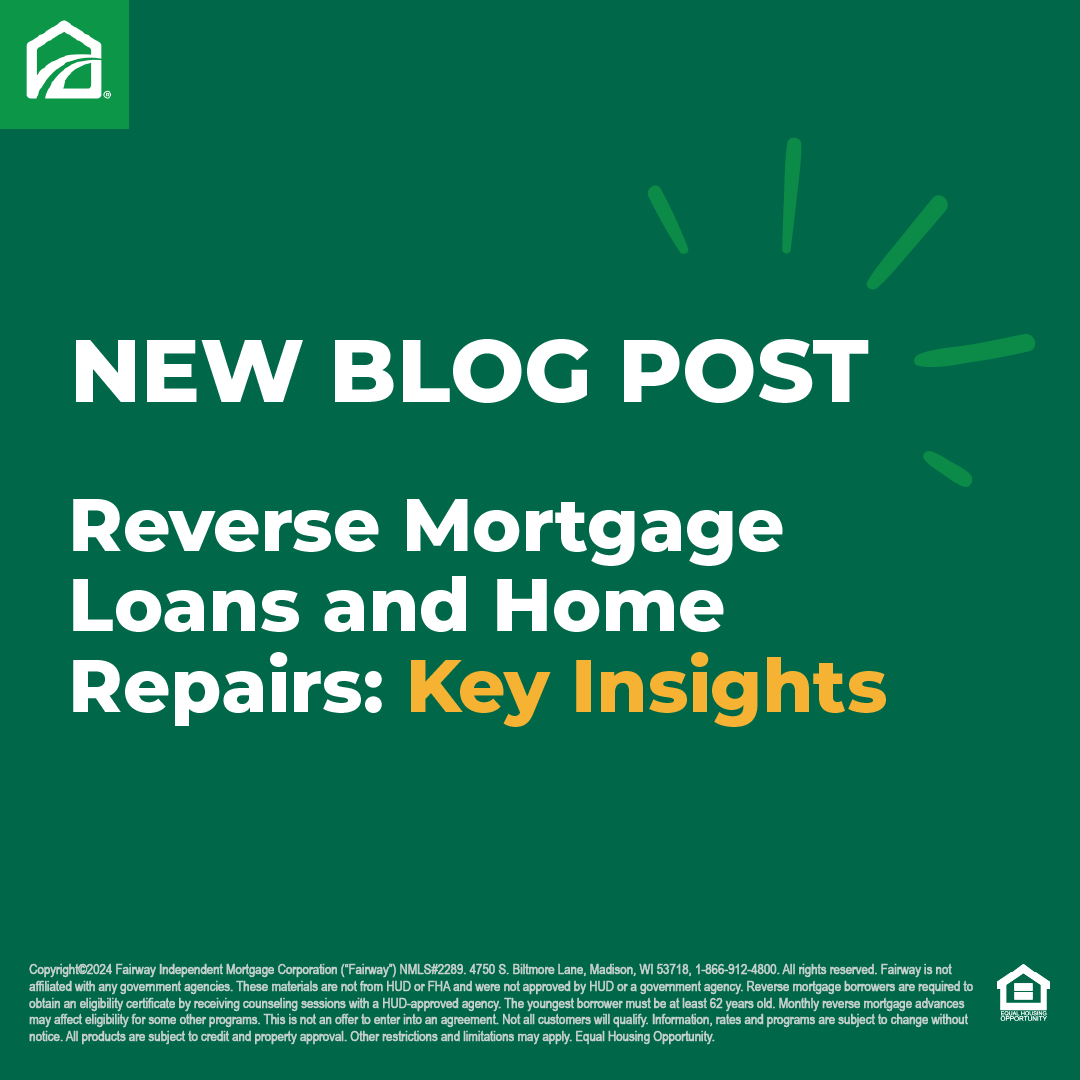Clarifying Large Reverse Mortgage Loans: What You Need to Know

As retirement approaches, numerous homeowners often find themselves searching for methods to enhance their financial security and sustain their standard of living. To homeowners who own high-value homes, a jumbo reverse mortgage can function as a valuable financial tool. Such specific loans enable homeowners to tap into their home equity while eliminating monthly mortgage payments, providing additional flexibility and ease during retirement years. However what exactly are jumbo reverse mortgages, and which individuals is eligible for these loans?
In this article, we will clarify jumbo reverse mortgages, exploring everything you need to know about how they work, their benefits, and the eligibility requirements. Whether you’re thinking about one for your own finances or looking for information on behalf of someone else, understanding the ins and outs of jumbo reverse mortgages will help you make informed decisions. From comparing them with traditional Home Equity Conversion Mortgages to discovering the truth about rates and terms, we aim to provide you with the knowledge necessary to navigate this unique financial opportunity.
Comprehending Large-Scale Home Equity Conversion Loans
A jumbo reverse mortgage is a specialized financial product crafted for property owners with high-value properties. Unlike conventional reverse mortgages, which are commonly supported by the FHA through the Home Equity Conversion Mortgage initiative, jumbo reverse mortgages cater to homes that exceed the conforming loan limits set by the government. These financing options allow qualified homeowners to convert a portion of their home equity into cash without having to make monthly mortgage payments, greatly benefiting retirees looking to enhance their earnings during retirement.
To qualify for a jumbo reverse mortgage, homeowners must satisfy particular eligibility criteria, which often includes being at least 62 years old, owning a luxury home, and having sufficient value in it. The amount you can borrow generally is based on the valued value of your home, the borrower’s years, and present interest rates. With this type of mortgage, the amount borrowed received can be a large sum, sometimes exceeding one million USD, making it an desirable choice for those with significant equity and financial needs.
Despite their advantages, jumbo reverse mortgages also include caveats and considerations. For instance, because they are not federally insured, borrowers may face different rates and terms than those found in HECM loans. Additionally, it is crucial for homeowners to consider the potential impact on their estate planning and heirs. By assessing the advantages and disadvantages, homeowners can decide if pursuing a jumbo reverse mortgage aligns with their financial goals, providing a route to maintain their lifestyle while utilizing their property value.
Benefits and Considerations
A jumbo reverse mortgage provides several benefits for property owners, particularly those with valuable properties. One of the major advantages is the ability to tap into a considerable portion of equity in the home, which can be especially beneficial for those retired looking to enhance their cash flow. This financial product enables homeowners to get rid of monthly mortgage payments, offering greater financial freedom during retirement. Additionally, the funds from a jumbo reverse mortgage can be used for various purposes, including settling debts, covering healthcare expenses, or financing lifestyle choices that might improve a retiree's quality of life.
On the other hand, there are key considerations to take into account. Jumbo reverse mortgages generally come with higher fees and interest rates compared to standard home equity conversion mortgages (HECMs). Potential borrowers should thoroughly evaluate their financial situation and future needs, as these loans can impact the inheritance process and estate planning. It is crucial to grasp how these products work, including the implications for property ownership and the long-term effects on home equity.
Choosing to pursue a jumbo reverse mortgage necessitates careful deliberation. While it can be a potent financial tool, it is crucial for homeowners to consider their overall retirement strategy and how a reverse mortgage fits into that framework. Working with financial advisors and mortgage specialists can give clarity on whether this option is the right fit for specific financial goals and circumstances.
Navigating the Application Process
Applying for a large home equity conversion loan requires various essential phases that homeowners must be cognizant of before diving in. First, prospective borrowers need to begin by assessing their eligibility, which typically necessitates being a minimum of 62 years old and having significant home ownership value. It is essential to collect necessary papers, such as evidence of earnings, credit history, and information about your assets. A comprehensive understanding of your financial status will guide you through the process and assist ensure a smoother experience.
Once you've determined your qualifications, the next step is to find a lender specializing in large reverse mortgages. Research various lenders and evaluate their conditions, interest rates, and customer reviews. It's beneficial to speak with financial advisors who can provide personalized guidance based on your retirement objectives. After selecting a lender, you should undergo the submission process where you’ll fill out forms and provide the required papers. Be prepared to answer questions about your financial status and future intentions.

Once submitting your application, the lender will conduct an appraisal of your home to determine its current market value. This assessment is critical as it affects how much value you can obtain through the reverse mortgage. Following Oreogn jumbo reverse mortgages , the lender will process your application by verifying all provided information. Once approved, you will receive a contract outlining the conditions and conditions. Take the time to review all documents thoroughly before agreeing, as this commitment can significantly affect your financial future.
